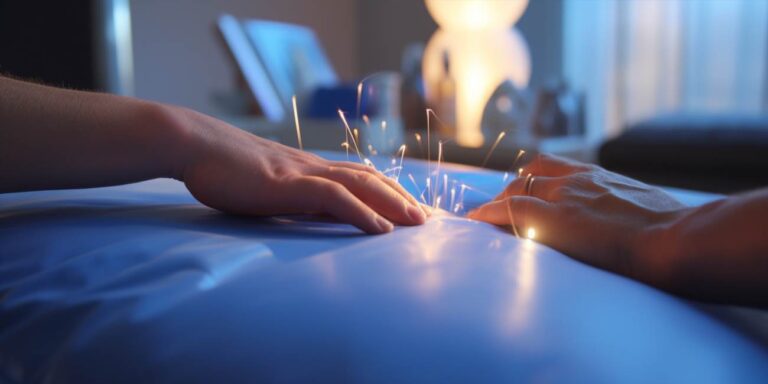Acupuncture is a holistic healing practice that has been used for centuries to promote overall well-being and address a wide range of health issues. While many people turn to acupuncture for its potential benefits, it’s essential to understand that the body’s response to this ancient therapy can sometimes result in detox symptoms. In this article, we will delve into the world of detox symptoms after acupuncture, exploring what they are, why they occur, and how to manage them effectively.
Understanding acupuncture detox symptoms
Acupuncture is based on the principle of stimulating specific points on the body to promote natural healing and balance. During an acupuncture session, thin needles are inserted into these points, helping to redirect the body’s energy flow or “Qi.” This stimulation can trigger a series of reactions within the body, including detoxification.
Detox symptoms that may occur after an acupuncture session are typically a sign that your body is responding to the treatment and releasing toxins. These symptoms can vary from person to person and may include:
-
Headaches
-
Fatigue
-
Nausea
-
Increased thirst
-
Changes in bowel habits
-
Mild fever or chills
It’s important to note that while these symptoms may be uncomfortable, they are often a sign that your body is cleansing and rebalancing itself. In most cases, they are temporary and should subside within a day or two.
Why detox symptoms occur
The occurrence of detox symptoms after acupuncture can be attributed to several factors:
-
Release of stored toxins: Acupuncture can stimulate the release of toxins stored in your body’s tissues, leading to their elimination. This process can sometimes result in detox symptoms as these substances are expelled.
-
Energy realignment: Acupuncture helps rebalance the body’s energy flow, which can trigger various physiological responses. These responses may manifest as detox symptoms as your body adapts to its new state of equilibrium.
-
Individual sensitivity: Some individuals may be more sensitive to acupuncture treatments, leading to a stronger detoxification reaction. Your body’s unique constitution and health history play a role in determining the severity of these symptoms.
Managing detox symptoms
If you experience detox symptoms after acupuncture, there are steps you can take to manage them effectively:
-
Stay hydrated: Drinking plenty of water can help flush toxins from your system and alleviate symptoms like headaches and nausea.
-
Rest: Give your body time to recover and adjust to the changes. Adequate rest can help reduce fatigue and promote healing.
-
Gentle exercise: Engaging in light physical activity, such as a leisurely walk, can support the detoxification process and improve circulation.
-
Communicate with your acupuncturist: It’s essential to keep your acupuncturist informed about any symptoms you experience. They can adjust your treatment plan accordingly to minimize discomfort.
1. are detox symptoms after acupuncture normal?
Yes, detox symptoms can be a normal part of the body’s response to acupuncture. They indicate that your body is undergoing a cleansing process and adjusting to the treatment.
2. how long do detox symptoms typically last?
Detox symptoms after acupuncture are usually temporary and may last for a day or two. If they persist or worsen, it’s advisable to consult your acupuncturist.
3. can i prevent detox symptoms?
Preventing detox symptoms entirely may not be possible, but staying well-hydrated, getting enough rest, and communicating with your acupuncturist can help minimize their intensity and duration.
4. is acupuncture safe?
Acupuncture is generally considered safe when performed by a qualified and licensed practitioner. It has minimal side effects, and any potential detox symptoms are usually mild and temporary.
In conclusion, detox symptoms after acupuncture are a natural part of the healing process. Understanding why they occur and how to manage them can enhance your acupuncture experience. If you have concerns about your symptoms, always consult with your acupuncturist for guidance and support.
See also:





